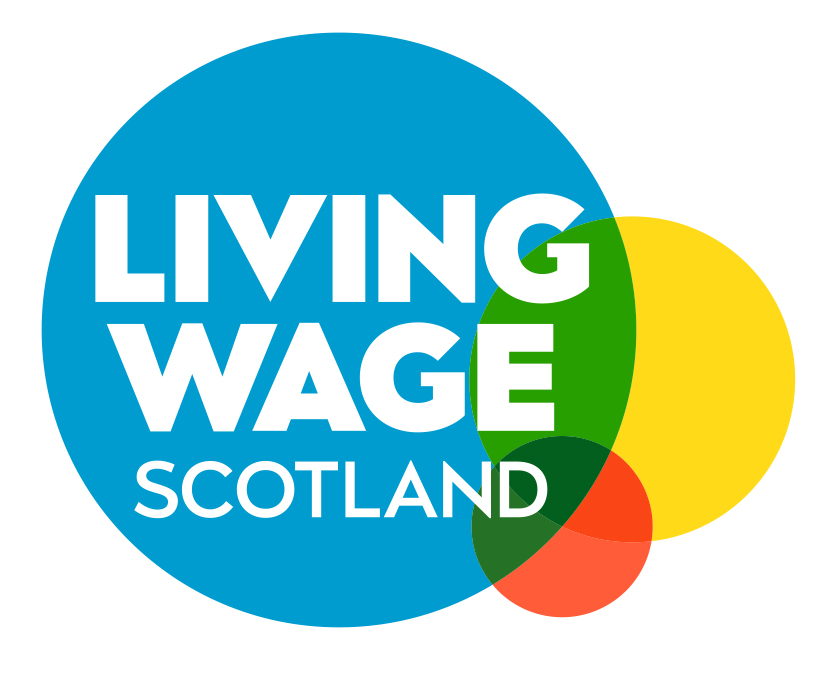By Peter Kelly, Chief Executive, The Poverty Alliance
Over the long decades since the UK has become an industrialised society, ‘a fair day’s wage for a fair day’s work’ has been a central call by workers, trade unions and civil society – and they have had real successes.
The real Living Wage movement seeks a just Scotland where every worker’s wage meets their everyday needs.
The need for that kind of nation is more and more evident. People don’t want to live in a country with insecure work, inadequate incomes, rising child poverty, increasing reliance on food banks, and weakened communities.
Supporters of the real Living Wage know that low pay comes at a huge cost. They know that it’s simply not right that people in working households are left to deal with the huge impacts that come from struggling on an inadequate income. They know it’s wrong that more than two thirds of children in poverty in Scotland live in working households.
The real Living Wage has today increased to £12.60 per hour in the UK. It’s carefully and independently calculated to ensure that it covers the essentials of people’s lives. It’s higher than the UK Government’s legal minimum wage rates and – for many workers – that can represent the difference between getting by or going under, between thriving or just surviving.
Despite challenging economic conditions, the real Living Wage movement is continuing to grow. A record number of employers have signed up in the past couple of years, with over 15,000 employers in the UK now committed to paying the real Living Wage – and that number is still rising. More than 3,750 accredited Living Wage employers are based here in Scotland, impacting nearly 68,000 workers in diverse sectors of the economy. The leaders of all those enterprises deserve praise, thanks, and recognition for their Living Wage commitment.
Employers have joined the real Living Wage movement because they recognise the business and social value of this investment in their workforce. Some 94% of employers have reported benefits from Living Wage accreditation, with savings on retention, recruitment, and training new staff, as well as increased staff morale.
Some 86% of employers say that accreditation has enhanced their reputation. And more and more, Living Wage accreditation is becoming a key that can unlock opportunities in bids for public sector procurement and to access financial support from Government.
These employers are pathfinders on the way to a new kind of economy in Scotland, that has community wellbeing and shared prosperity at its heart. The real Living Wage helps provide a foundation on which we can build a sustainable Scotland, free from poverty, with social, environmental, and economic justice for all.
Many real Living Wage employers are now taking further steps, by signing up to Living Hours commitments that provide greater security to workers on flexible hours and Living Pensions that will give people the kind of retirement they deserve.
There’s still a distance we need to go together to reach the just and compassionate Scotland we all want, but the continued growth in Scotland’s Living Wage movement shows we can get there.

